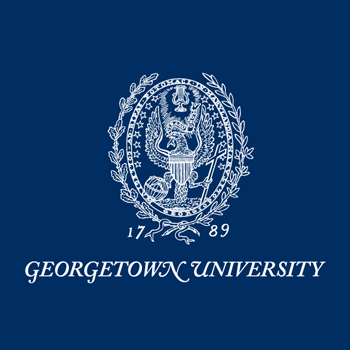 In September 2015, President John J. DeGioia of Georgetown University in Washington, D.C., formed the Working Group on Slavery, Memory, and Reconciliation. The panel issued a report that found in 1838, Father Thomas F. Mulledy, president of Georgetown University at that time, authorized the sale of 272 enslaved persons owned by the Society of Jesus and who worked on plantations in Maryland to a slaveowner in Louisiana in order to alleviate the university’s debt.
In September 2015, President John J. DeGioia of Georgetown University in Washington, D.C., formed the Working Group on Slavery, Memory, and Reconciliation. The panel issued a report that found in 1838, Father Thomas F. Mulledy, president of Georgetown University at that time, authorized the sale of 272 enslaved persons owned by the Society of Jesus and who worked on plantations in Maryland to a slaveowner in Louisiana in order to alleviate the university’s debt.
Since that time, the university has taken a number of steps to redress this historical wrong. Now the university has created a new fund that will award $400,000 annually to community-based projects that can impact the descendants of the men, women, and children who were enslaved on Jesuit plantations in Maryland.
The Reconciliation Fund, which was inspired by an undergraduate student referendum in 2019, has begun accepting applications for projects that aim to benefit communities of the descendants, many of whom live in and around Maringouin, Louisiana, where their ancestors were sold and forcibly moved to in 1838. The projects could include health and legal clinics, environmental justice projects, after-school and pre-college programs, and local history and memorialization projects.
“The Reconciliation Fund is a collective effort — an example of our community’s deep commitment to the possibilities that can emerge when we work in partnership to advance reconciliation,” said President DeGioia. “This project is one way the university is reckoning with the legacies of slavery that have shaped our past and to respond by advancing justice and equity in our present.”











